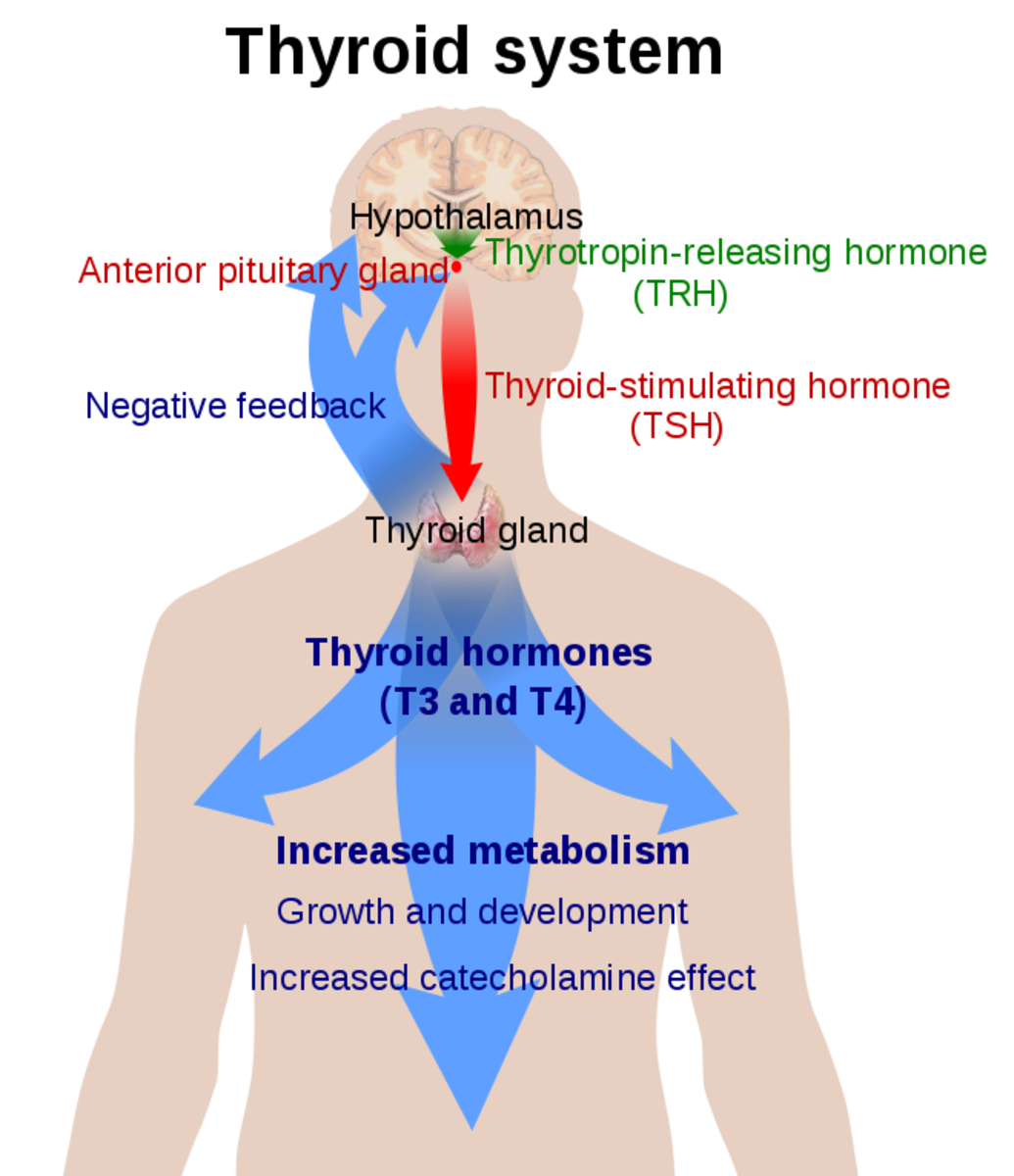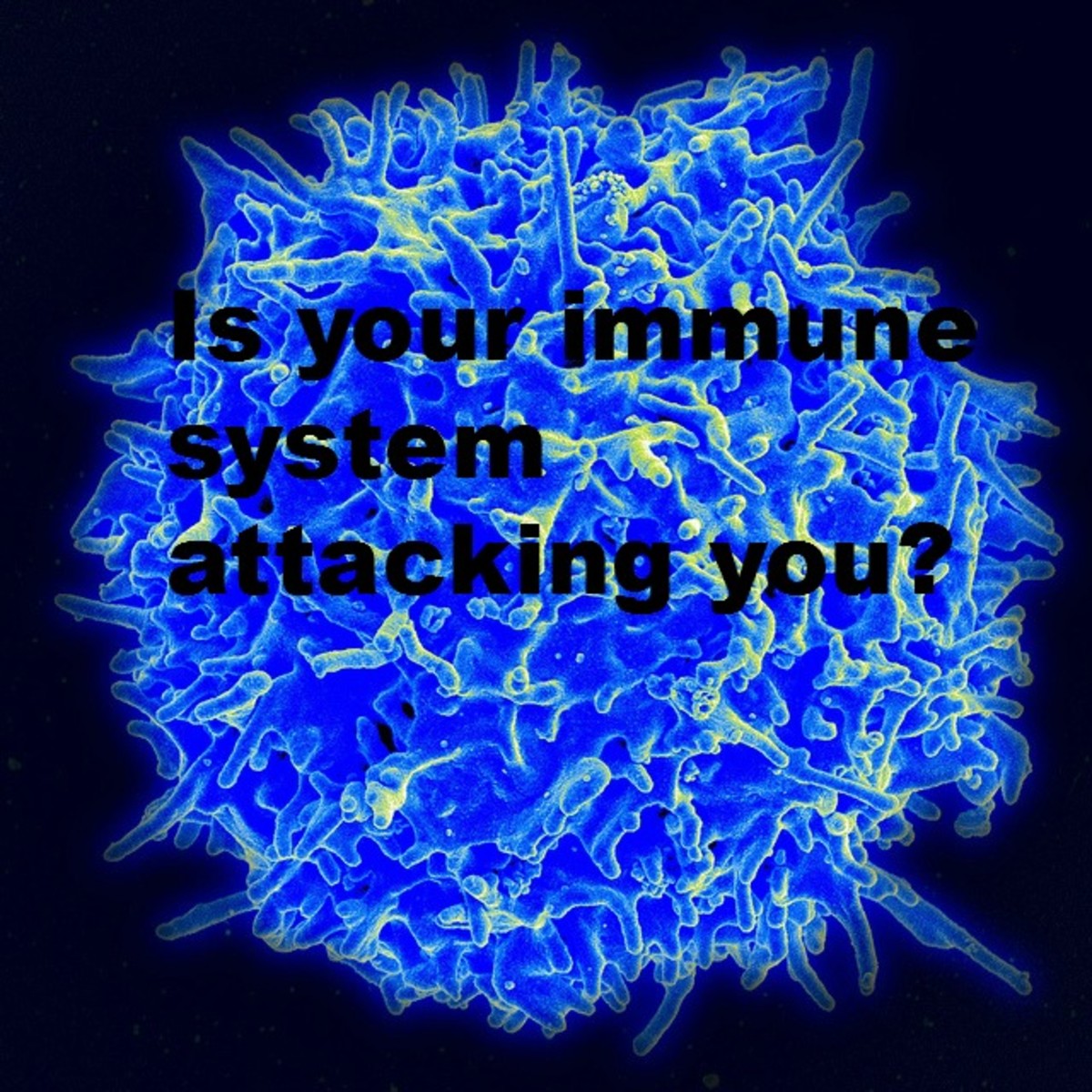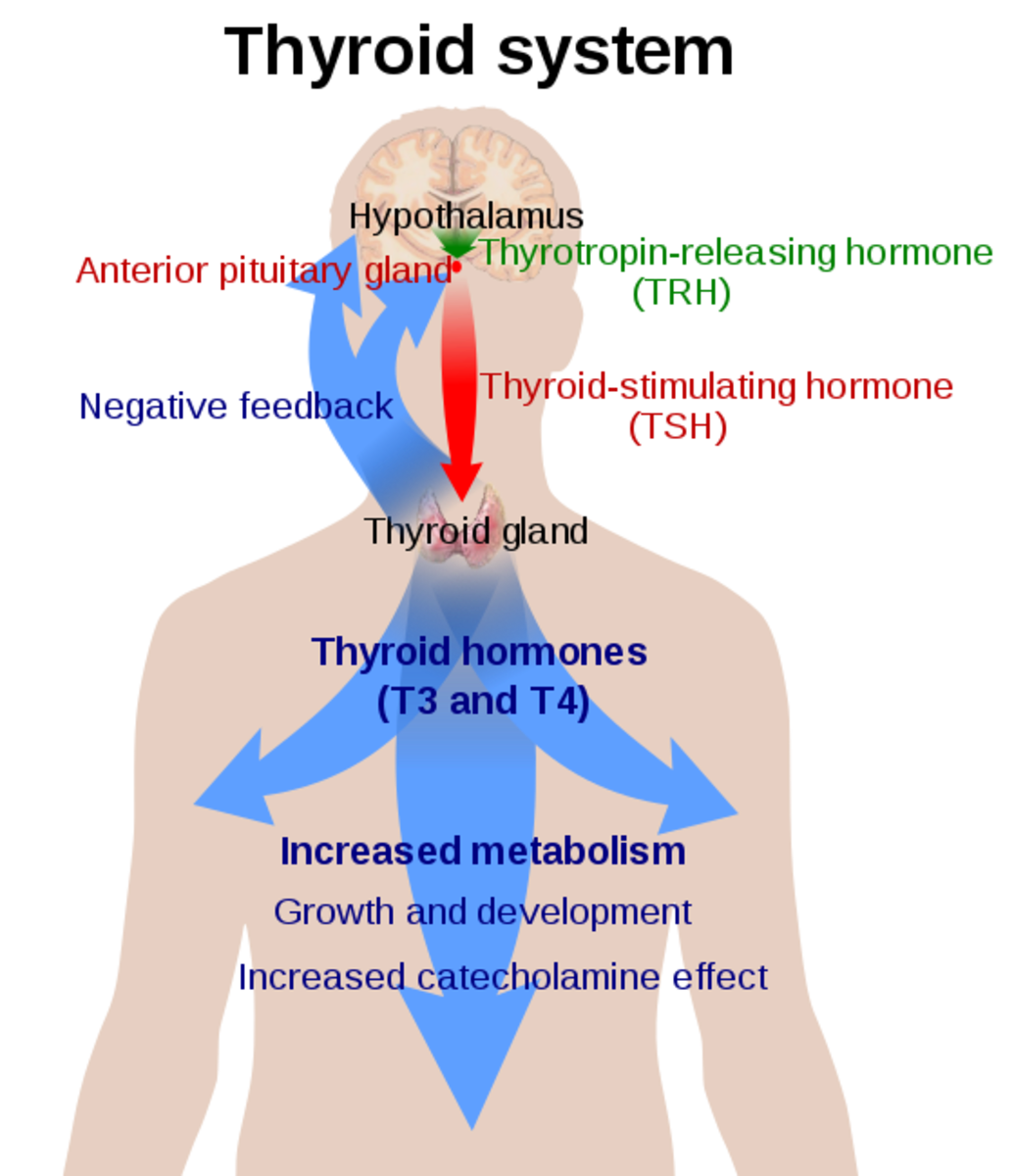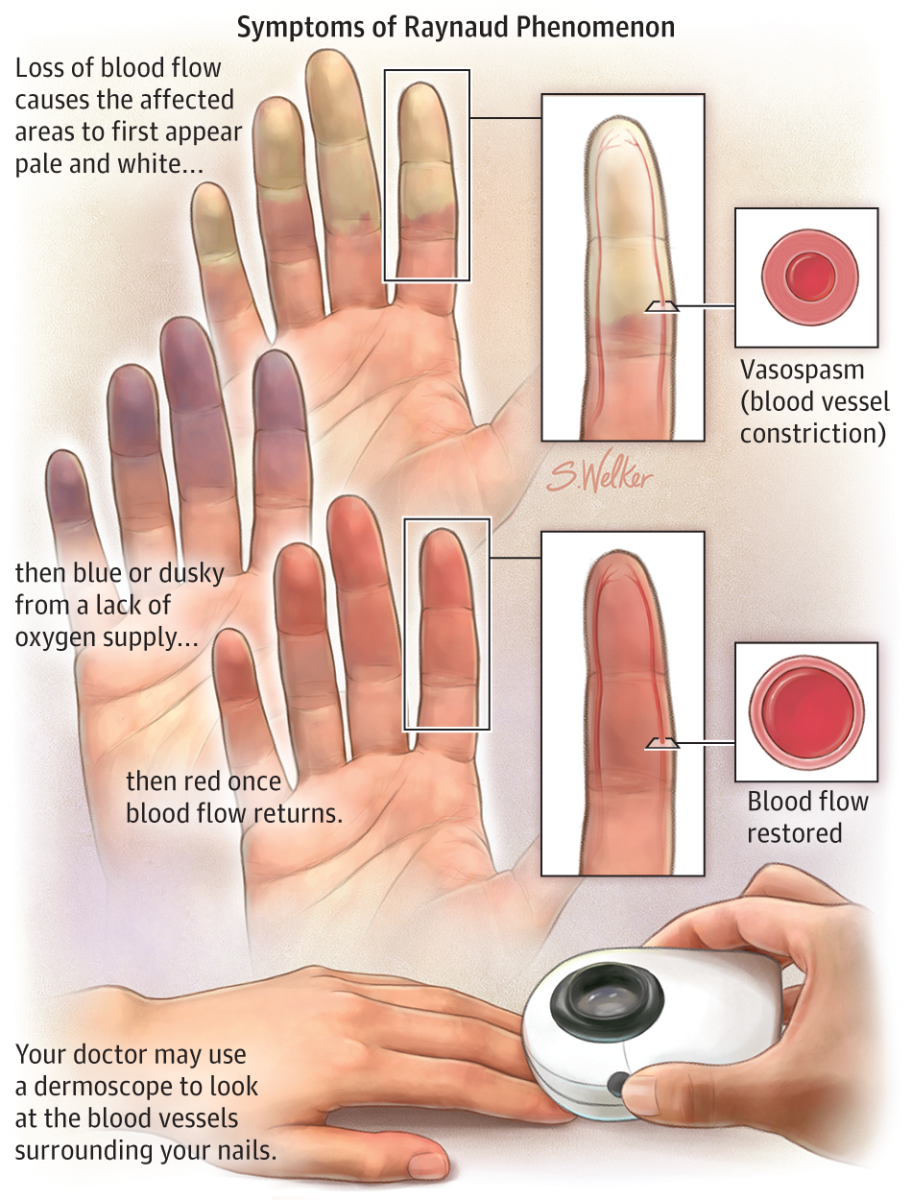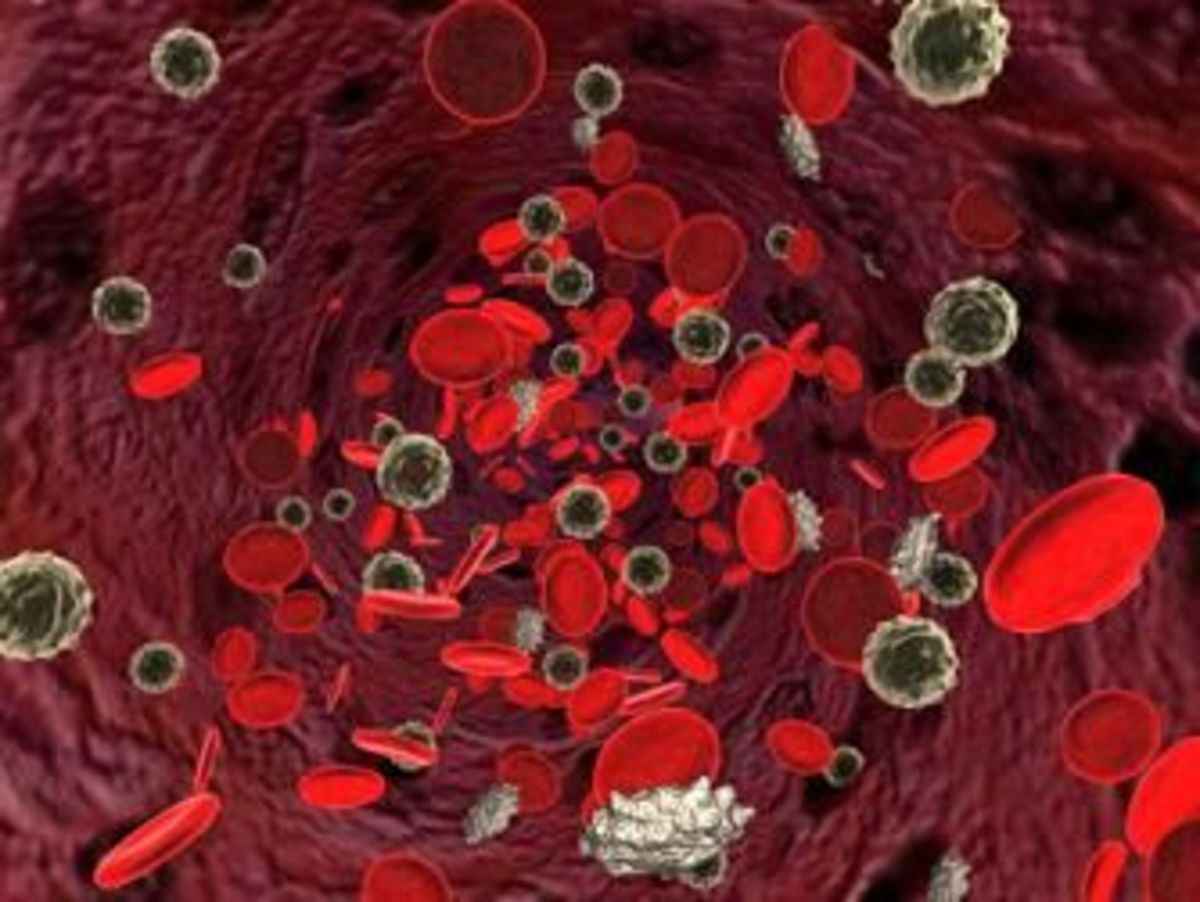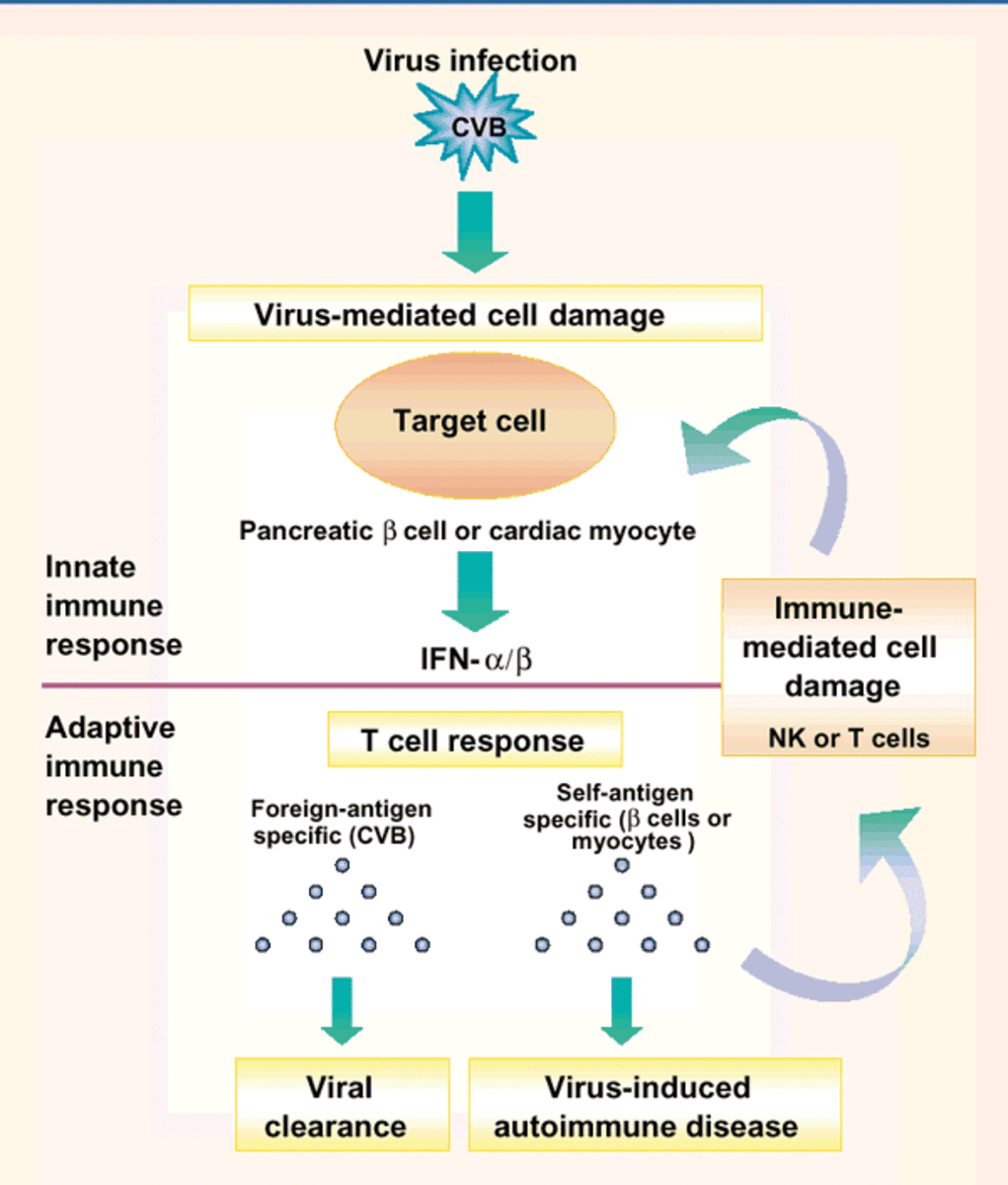Do I Have An Under-Active Thyroid? - Symptoms You Should Know
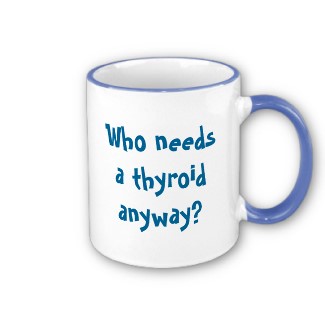
What is the Thyroid?
The thyroid is a gland that sits just below the Adam's Apple. The thyroid is the largest of the endocrine glands that regulates hormones that allow proper function of the metabolism and how the body reacts with other hormones.
The thyroid works by secreting two major hormones call triiodothyronine (T3) and thyroxine (T4) - also known as tetraiodothyronine - which regulate the rate of metabolism as well as the growth rate of many other hormones and systems in the body.
What Causes an Under-Active Thyroid
Doctors are still unsure of the exact series of events that can cause an under-active thyroid but the most common is the immune system attacking the gland.
Immune System
The immune system normally fights off infections, however, it can sometimes turn on a part of the body, in this case it turns on the thyroid. This is known as an autoimmune reaction.
This reaction can run in families and also in people who have other autoimmune conditions such as diabetes and lupus.
Medication
The medication used to treat an over-active thyroid can cause the gland to become slower if the patient is taking too much. By adjusting treatment the thyroid can then return to normal functioning.
Iodine
In some rare cases a lack of iodine can cause an under-active thyroid. The body uses iodine to make thyroxine and without it the gland slows down.
Symptoms of an Under-Active Thyroid
An under-active thyroid can be present for many years before being recognized. You may have been sluggish, tired, and generally not feeling well for years before a doctor will test your T3 and T4 functionality.
Symptoms to look out for that indicate an under-active thyroid include:
- Weight gain
- Sensitivity to the cold
- Constipation
- Tiredness
- Depression
- Irregular or heavy periods for women
- Dry skin
- Headaches
- Brittle nail and hair
- Muscle aches, pains and cramps.
If you are experiencing one or more of these symptoms on a regular basis then it is important to get your thyroid function tested.
Testing for T3 and T4
Diagnosis is done by doing a blood test that measures the level of thyroid hormones in your blood. If you have a high level of TSH (thyroid stimulating hormone) and low levels of thyroxine (T4) then you probably have an under-active thyroid.
I say probably because the levels are different for everyone. For example, two people could have the exact same levels but person A could feel absolutely fine while person B could be gaining weight and feel tired all the time. By having the indicating factors on the blood test and by taking a detailed history you will be able to start getting the treatment that you need (if necessary).
Treating an Under-Active Thyroid
An under-active thyroid is normally treated by taking a hormone replacement tablet called levothyroxine. Depending on how bad your symptoms are will depend on how much levothyroxine you will need to take.
Your doctor will do regular blood tests with you until you have found the correct dosage to make you feel better. This can often take sometime and it maybe 6-12 months before you start feeling back to your normal self.
There is often a lot of tension with patients and their doctors when it comes to treating an under-active thyroid simply because the blood test ranges are so wide:
- TSH: 0.3-5.5
- T4 12-20
- T3 3.5-5.5
For someone on the border their doctor might decide to take a wait and see approach but it might take many years for them to get the proper treatment and get them on the higher end of the spectrum before they start to feel better. Like I said previously it is vital to get an understanding doctor who is willing to try you on different levels until your symptoms go away.
Need Some More Answers?
Disclaimer
This hub is for informational purposes only and should not replace the attention of a medical professional.


